WIRTSCHAFT - Advertising revenue from RTL.lu
Make a lot of money online quickly

Photo: Images Money (CC BY 2.0)
Has advertising for traditional media reached its peak? Or has RTL once again come up with a sophisticated story to get state money?
One of the tales that RTL’s managers have told the Luxembourg state is that of declining advertising revenues. The reason for this problem is, among other things, the competition in the online advertising market. And since everyone now intuitively thinks of the large corporations Facebook and Google, there is a lot of pity for our traditional television station. The classic advertising spots on TV are somehow more likable than the ads on social networks that are tailored to user profiles and squeezed into the feed, right? At least this image seems to be what politicians have in mind when they decide to open their wallets. Millions in tax money now flow to CLT-UFA every year to maintain RTL media.
The future of advertising
RTL Luxembourg is not a traditional local company, but a division of CLT-UFA, a billion-dollar subsidiary of RTL Group and the Bertelsmann media empire. CLT-UFA includes, for example, the company AdConnect, which is also registered in Kirchberg. Since recently, AdConnect has also been offering advertising clients user-specific advertising on TV, based on geolocation. This move is part of RTL Group’s strategy to make the advertising market more interesting for its broadcasters with new technical options.
RTL Group has always been at the forefront of the latest developments. The purchase and recent sale of SpotX, an internet advertising company, shows how far RTL Group sees modern advertising technologies not as competition, but as a lucrative business. Delano quoted RTL Group and Bertelsmann CEO Thomas Rabe as saying: „Advertising technology remains a strategic priority for RTL Group. To successfully transform our business, two factors are particularly important. One is higher reach, in both linear and non-linear TV. The second is better monetisation of our reach, through targeting and personalisation“. In the future, there will be hardly any difference between advertising on TV and online advertising.
And in Luxembourg?
In this country, RTL Luxembourg dominates not only the media market, but also that of advertising. The largest advertising agency in the country is the CLT-UFA subsidiary IP. Geolocation of potential customers is not necessary, because the media in Luxembourg already appeals to a very specific group: A shop does not have to be afraid to pay money for an advertisement that would reach people who live too far away. This puts RTL in a relatively good position compared to the competition from social networks. RTL makes millions in advertising revenue on all platforms, on radio, on TV and also on the rtl.lu website. The most lucrative is radio and RTL is said to be making a large deficit on TV. But what about the rtl.lu website?
Actually, the finances of rtl.lu should also be made transparent. After all, this medium also fulfills a „public service“. A proper separation between the revenues on the site and those generated by the TV content is difficult to achieve, for example, RTL also places advertisements in the replay of the TV broadcasts on rtl.lu. There are no official figures from RTL, probably also to prevent state funding from being questioned. The site rtl.lu is, however, one of eight Luxembourg sites that, according to the most recent „AdReport“, [received] a total of more than €16 million in advertising in 2022 (https://www.adada.lu/2023/03/luxembourg-adreport-2022-les-investissements-publicitaires-progressent-de-43-millions-par-rapport-a-2021/). Now the question arises: how much of those €16 million € are RTL’s actual revenue. Since the value of the platforms for advertising clients in this case is mainly determined by the number of visitors, a rough estimate could be made. RTL.lu has a market share of 35-40% among the eight competitors, so €5.6 to €6.4 million in advertising could flow on this site. However, the rtl.lu site offers significantly more content and also significantly more opportunities for advertising. Therefore, it can be assumed that RTL.lu’s share is once again well above this amount.
Transparency is urgently needed
The question arises with RTL as a whole whether the state is actually making a profit or sponsoring even bigger profits for a corporation. There is no evidence that RTL’s advertising revenue would decrease, there is no evidence that RTL would not adapt to new technologies in order to be able to sell advertising even more effectively.

















